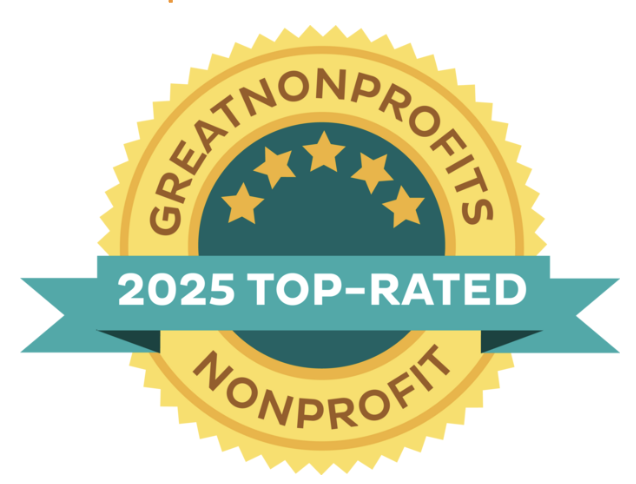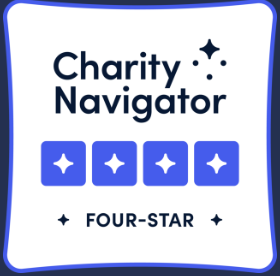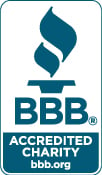While you are there
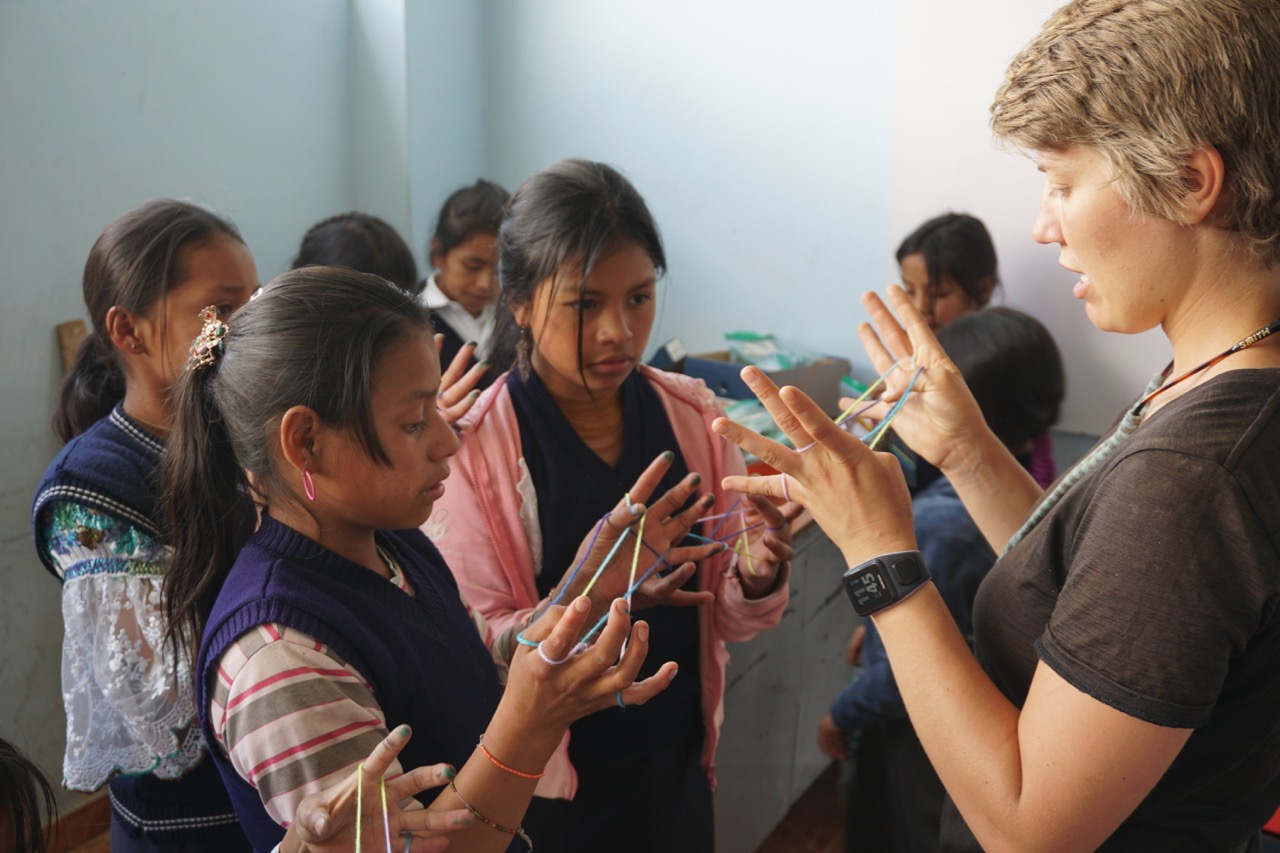
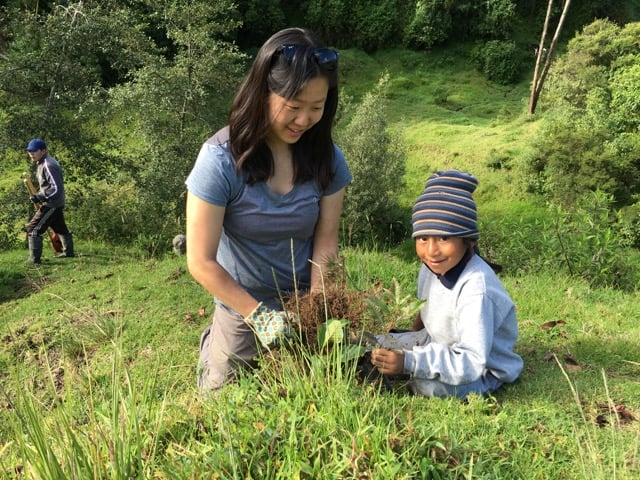
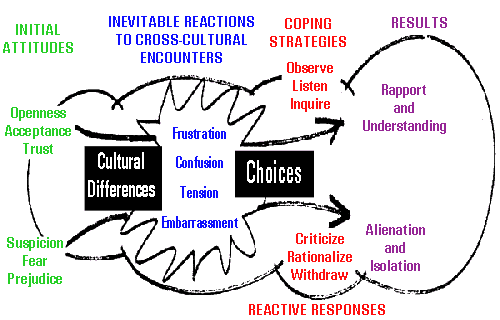

http://www.worldwide.edu/travel_planner/culture_shock.html
When it comes time to define the goals and objectives of your internship, the template below will walk you through the process of developing specific, measurable, achievable, realistic, and time-based objectives. Discuss ideas with the Ecuador Program Manager (EPM) to get feedback on goals you are thinking about and choose SMART goals to write down.
| SMART Goal Worksheet.docx | Use this sheet to define your goals. |
| SMART Goal Progress Report.docx | Use this sheet to update the EPM on your progress. |
The following are guides to help you as you explore history, culture, class, identity, and communication in Ecuador. Please choose at least two of the questions to explore during your first two weeks in Ecuador. Choose what looks most interesting, fascinating, and/or intriguing. Use the guides as a means of engaging with Ecuador and with local residents. You can discuss some of your experiences with this exercise with the EPM. Enjoy!
1. It is important to know your host families. Get the full name and age of each family member living in the home, and indicate any nicknames or other informal names that they prefer. Indicate whether non-family members live in your house: who are they and why do they live there? Characterize each person living in your home, and use 4-6 adjectives describing personality, appearance, and behavior.
2. What do you pick up about the role of food in Ecuadorian society? Who eats what and when? Who serves food and who cleans up, either in the home or out in a restaurant? What do you notice about the value or symbolism of food? Be sure to check in with at least one Ecuadorian person about your experiences and their interpretation.
3. What can you see/hear/learn about spirituality and religion in Ecuador? Look for evidence of this today. Make note of 3-5 examples that reflect this statement, describe the examples in your journal, and talk to at least one Ecuadorian individual about your observations. What do you learn from your conversation with them?
4. One way to become familiar with a new culture is to learn how to read its systems of signs. Today, you will focus on reading cultural signs. Locate places where you find constant or heavy use of printed signs. Where are these? What is the content of these signs? What forms do the signs take (e.g. printed notice, drawing…)? How do these signs compare with signs of the same general function in the United States? Indicate similarities and differences. What do the signs tell you about Ecuadorean culture?
5. Choose a cultural behavior to observe today. Examples include: playing, cooking, dancing, celebrating, giving gifts, greeting other people, working, studying, worshipping, adorning, etc. Talk to an Ecuadorian person about the behavior (e.g. who, what, when where, how, why questions) to identify similarities and differences between these behaviors in your culture and Ecuadorian culture. Try to identify 3-5 assumptions that go along with the cultural behavior you chose to observe.
6. Go on your own personal field trip today. This does not have to be a “major” outing. It may be a walk down to the main road, or a visit to a local supermarket. It is up to you. Write a narrative of your adventure. Identify at least one indicator or observation that is related to Ecuadorian culture or society.
7. Today you are to observe relationships between Ecuadorians and people of different races. What are your observations about the numbers of people of different races/ethnicities? In what ways do they interact with each other? If so, what is the nature of the interactions? Identify one question you have about this subject and pose it to a local Ecuadorian individual.
8. Shopping is a mode of entry into a culture. The way people shop, the goods available, and the attitude toward customers and service can all tell you about the values of a society. Whether you go to a self-contained shop or you wind up in a major market, focus on the cultural aspects of shopping. In order to reflect on this, you will probably need to talk to a local person. Possible questions to consider: does the day make a difference in what is sold, when things are bought when business is done? Are there certain days when shopping cannot occur? What do “shops” look like? What merchandise do they contain? Who are the patrons? Do they interact with each other? Do you observe patterns of who buys what? As you study what is available in the “shops,” what can you conclude about the economics of Ecuador?
9. Today’s focus will be on behaviors, activities, actions, etc. that are associated with gender in Ecuador. Choose one gender, and make observations about them. Do any of the observations seem to vary by age, status, or location? What is the cultural significance of what you have observed?
10. What can you learn about education in Ecuador? That is your task today. Observe and ask questions.
11. How do Ecuadorian females and males relate to each other? Your focus today is observing female-male interaction. Describe what you see, and where you see it. How are these relationships influenced by setting, age, etc.? What are the assumptions that you make about sex role expectations from your observations? Check these out with an Ecuadorian individual, and then reflect upon where you were on target, and where you were mistaken.
12. Analyze a local daily newspaper. Indicate what kind of features, stories, and advertisements are included. What are the most prominent subjects featured? What does the newspaper say about culture, spirituality and psychology, and/or healing? How does this newspaper compare to US American dailies?
13. Money, money, money, MONEY! Today you will be learning about Ecuador by learning about its money; however, you choose to do that.
14. Hopefully, you will have time while you are in Ecuador for some recreation. How do local Ecuadorians recreate, and have leisure? Or do they? Are there differences in leisure based on income level (as far as you can tell), gender, age, etc.?
15. Write your own guide and explore it. Be sure to talk to local people as you do whatever it is.
 See how one fellow thought through the challenge of talking about her friends and her time in Ecuador.
See how one fellow thought through the challenge of talking about her friends and her time in Ecuador.
Before you leave, make sure to do the following things:
- Fill out a final progress report on your goals
- Write a post for Tandana's blog. The post should not try to summarize your entire experience, but rather choose one moment, event, or aspect of your experience that you would like to share. Email the post to the EPM and to bridget@tandanafoundation.org. If possible, provide a few photos to go with it.
- Write a report on your placement to help future interns in that role (ask the EPM if you think this is not necessary for your particular placement). The report should give details, logistical information, and helpful tips for a future intern working in your placement. It should not be an evaluation.
- Have an evaluation meeting with the EPM, in which you share your feedback on your placement and your experience with Tandana. This is the time to be frank.
- Buy a gift for your host family. Consult the EPM for your budget.
- Spend time with your host family. This will be a sad time for them, too, so they will want to spend time with you before you leave.
